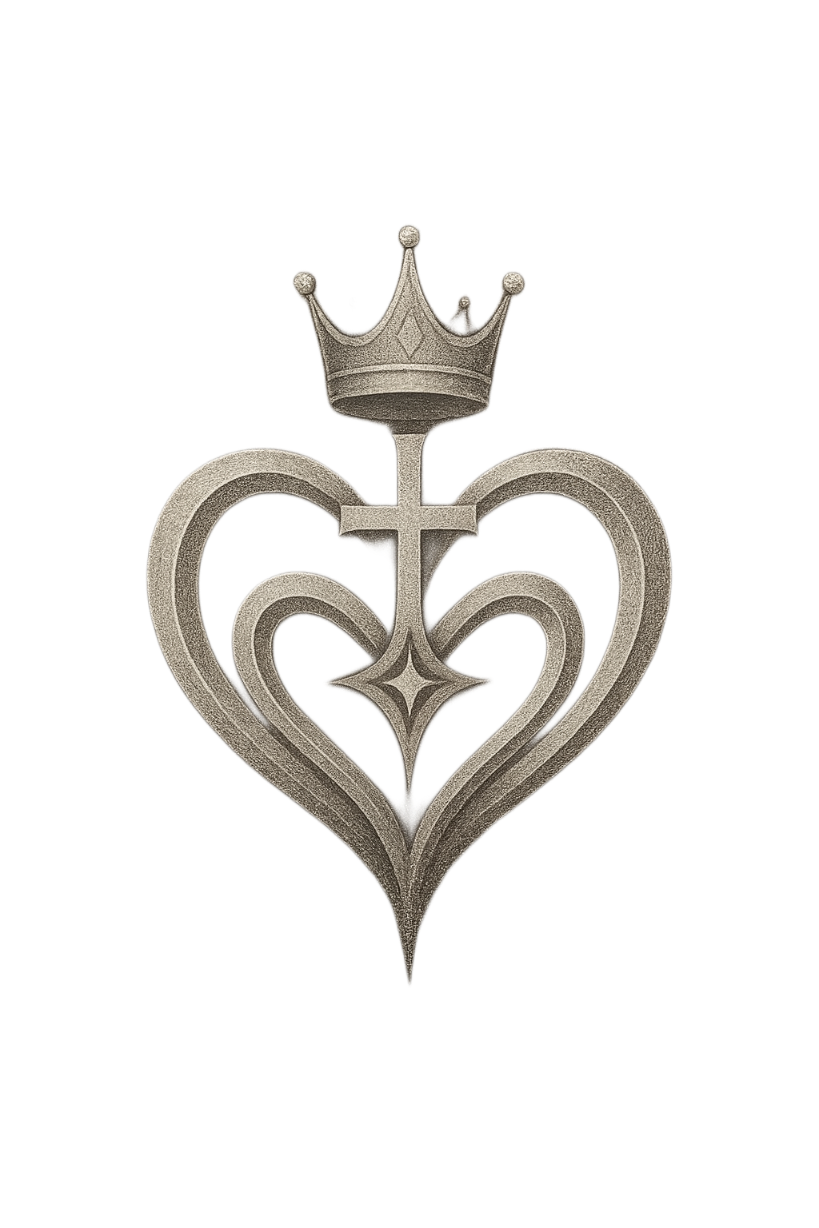Humanity has always wrestled with the tension between God’s will and our own. From the first pages of Genesis, the story of the Garden frames this drama: a choice between the will of God and the will of man. For centuries, interpreters have seen this as a competition, a rivalry of desires. God commands one thing, humanity wants another, and the collision produces sin, shame, and exile. But perhaps this tension itself is a misunderstanding born of ego. Perhaps the very distinction between His will and our will is the illusion. For when the ego insists, “I am,” it claims a freedom that is shallow, reactive, and misaligned. Beneath that illusion, however, lies the truth: His will is our true will.
The ego is the false “I am.” It projects autonomy, as if we were self-contained beings apart from God. This false will grasps after what seems desirable in the moment but leaves us empty. It confuses impulse with freedom, indulgence with life, rebellion with identity. Yet the conscience within us knows better. When we resist what is good, we feel the sting of shame. This is not arbitrary punishment but the inner friction of resisting reality itself. The voice of God that whispers in our conscience is not foreign—it is the deepest voice of our own being. What we call “God’s will” is not some external demand but the truest expression of who we are created to be. When we resist, we feel fractured. When we surrender, we feel whole.
This is why Jesus prayed in Gethsemane, “Not my will, but Yours be done.” At first glance, it looks like submission of one will to another. But at the cross, something deeper is revealed: human will and divine will are not eternal enemies—they intersect. The cross itself is the symbol: one beam stands for “my will,” another for “His will.” At their point of intersection, the illusion of separation is destroyed, and the truth shines forth. His will is not imposed upon us as tyranny; it is revealed within us as our true self.
The paradox is that surrender does not erase us—it restores us. We do not lose our will in obeying God; we find it. For the desires of God are the desires of our soul in its purest, uncorrupted form. Every act of resistance is a denial of ourselves. Every act of obedience is the rediscovery of ourselves. This is why Jesus said, “Whoever loses their life for my sake will find it.” The life that is lost is the false egoic will. The life that is found is the eternal self aligned with God.
When we finally grasp that His will is our true will, shame is reinterpreted. It is no longer the mark of divine anger, but the natural consequence of living against ourselves. Hell is the name for this distortion: the internal torment of misalignment. Heaven is the name for its opposite: the joy and rest of alignment. Neither is a place imposed from the outside, but a condition born from within. In choosing His will, we are not submitting to something alien but awakening to what we always desired at the deepest level.
This changes everything about how we view God, obedience, and salvation. No longer is God a rival will demanding submission. No longer is obedience the annihilation of human freedom. Instead, obedience is the liberation of the human will from the prison of ego. It is the moment when the false “I am” dies, and the true “I AM” rises within us. Love is what makes this recognition possible, for Love is the energy of alignment, the force that reunites what ego has fractured. This is why Love alone saves.

Leave a Reply